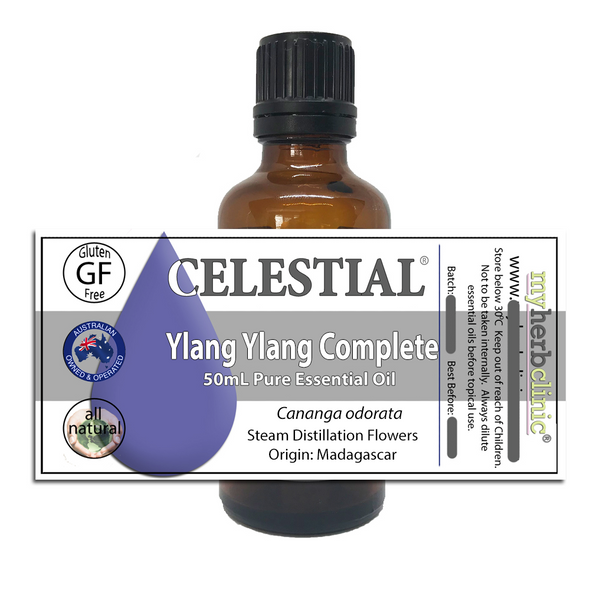Description
Organic Ajwain/Ajowan/Carom Essential Oil
Botanical Name: Trachyspermum ammi
Origin: India
Method: Steam Distillation
Part Used: Fruit /Seed
Perfumery Note: Top
Scent: strong scent, rich in Thymol it has a characteristic herbaceous and medicinal aroma with a hint of spice similar to Thyme and Oregano
Typical Main Constituents: Thymol, γ-Terpinene, ρ-Cymene, Carvacrol, (+)-Limonene,β-Pinene, α-Pinene
Blends well with: Allspice/Pimento, Bergamot, Lavender, Lemon, Orange, Parsley, Pine, Sage, Thyme
Experience the bold and spicy aroma of Celestial® Ajwain Essential Oil, organically grown and steam distilled from the seeds of Trachyspermum ammi, also known as Ajowan or Carom. This potent essential oil is traditionally used in perfumery, natural household blends, and various cultural practices.
Known for its intense, herbaceous scent with notes similar to thyme and cumin, Ajwain oil is a powerful addition to any essential oil collection. It can be used sparingly in diffuser blends to add warmth and depth, or diluted in a carrier oil for external aromatic use.
Key Features:
- 100% pure, organic Ajwain essential oil
- Steam distilled from the seeds of Trachyspermum ammi
- Strong, spicy, and herbaceous aroma
- Ideal for aromatherapy, perfumery, and DIY blends
Topical Application Information:
This essential oil is pure and undiluted, so if you wish to use it on your skin it will have to be diluted first. The general guide to using essential oils on your skin is that they should be diluted to a maximum of 3-5% in a carrier oil. For Ajowan oil it is recommended not to exceed 1.4% dilution for topical use.
Essential Oil Safety:
Always dilute essential oils before applying them to your skin as when undiluted they may cause skin irritations. It is always a good idea to do a small patch test somewhere like the back of your hand when using a new essential oil for the first time.
DO NOT ingest essential oils. It is against the TGA (Therapeutic Goods Administration) Guidelines to suggest ingestion of essential oils in Australia. This is due to safety concerns around the harm an undiluted and highly concentrated essential oil can do when ingested. There are very few exceptions to this, which include a small number of essential oils allowed to be used in the food manufacturing industry in highly diluted amounts for flavouring and scent (such as Lavender and Peppermint), or when under the care of a qualified Naturopath or Aromatic Medicine Practitioner (holds recognised qualifications, and is a member of a Professional Association granting TGA exemptions).
It is always best to avoid using essential oils on or around your pets. Dogs process most essential oils similar to how humans do, and will usually not be bothered by most essential oils being diffused in a well ventilated space. Many dog shampoos and conditioners also contain essential oils. However we recommend you never leave a dog unsupervised in a room with an essential oil diffuser on. Cats do not tolerate essential oils and small amounts may be harmful, even using a diffuser in the same room may cause toxicity.
Essential Oil Storage:
Essential oils can last well beyond their best before in most cases when stored well. Minimise the time your lids are removed from bottles to reduce oxidisation, keep your lids on tight, and store out of light in a cool place.
















